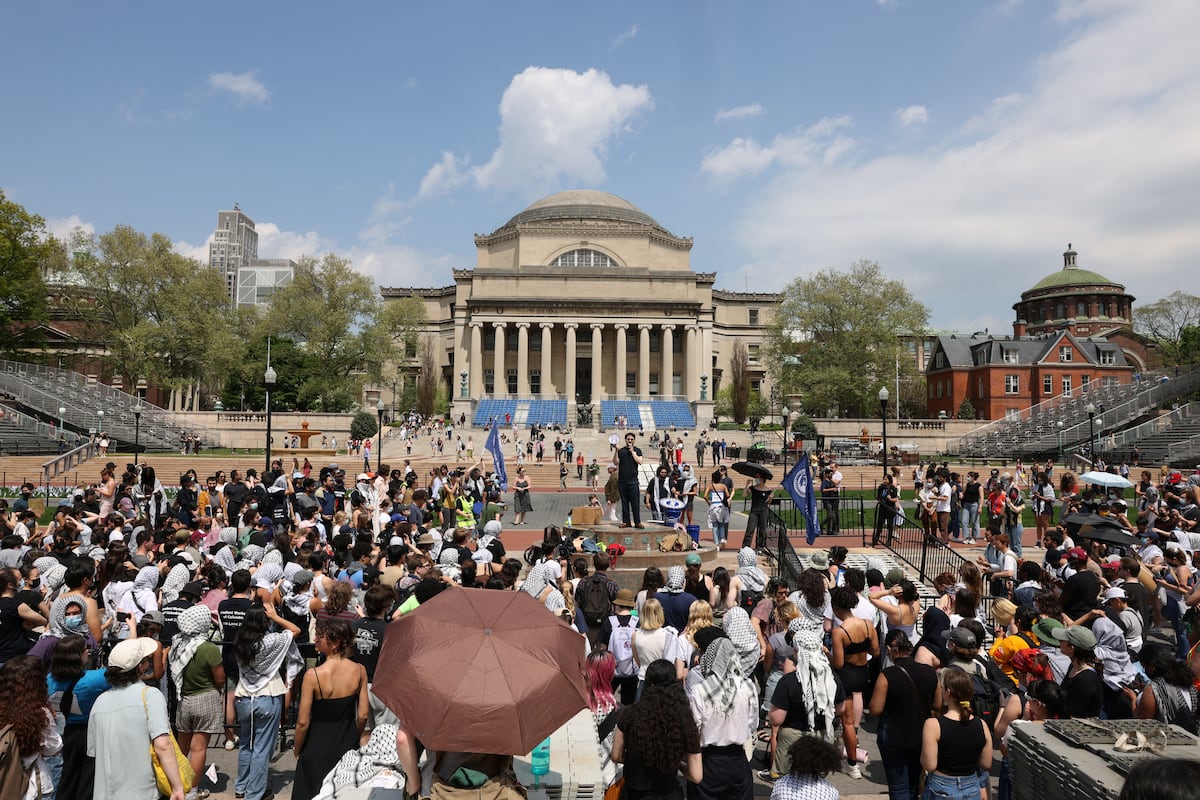The ongoing protests at Columbia University, led by students in solidarity with Gaza, have sparked a growing campus mobilization movement that is impacting politics on both national and global levels. This movement has become increasingly intense following the failure of negotiations between university authorities and student representatives who camped for 10 days.
The protests remind us of the Vietnam War protests in 1968, but this time they are reshaping the political landscape at the university and beyond. Pressure from both Republican and Democratic politicians, as well as internal divisions within the Democratic party, are fueling the agitation on campus and threatening to cost President Joe Biden support in upcoming elections.
Moderate and centrist congressmen are calling for the dismantling of the camp or the resignation of the university’s rector. However, calls for order restoration were previously limited to Republicans, but now Democratic representatives are joining in. Progressive factions, led by members of what is known as “the Squad,” are also showing support for the protesters, further highlighting political tensions within the party.
Columbia University faces pressure from donors and the public to balance free expression with concerns about anti-Semitic rhetoric on campus. The ongoing protests are intricately linked to support for Palestine and opposition to Israel, reshaping political discourse at Columbia University and beyond.
The mobilization at Columbia University is part of a wider global movement that draws parallels to past student protests against apartheid in South Africa and the Iraq War. As these protests continue to gain momentum, they are sparking similar movements in Europe, particularly in France and Germany. These demonstrations highlight not only concerns about social justice but also reflect broader issues related to political activism. With tensions rising and divisions deepening, it remains uncertain what the future holds for this protest movement but its impact on higher education and political discourse is undeniable.
In summary, while negotiations between Columbia University authorities and student representatives failed to resolve their differences over Gaza solidarity protests earlier this month, these events have sparked a growing campus mobilization movement that has significant implications for politics both nationally and internationally.
